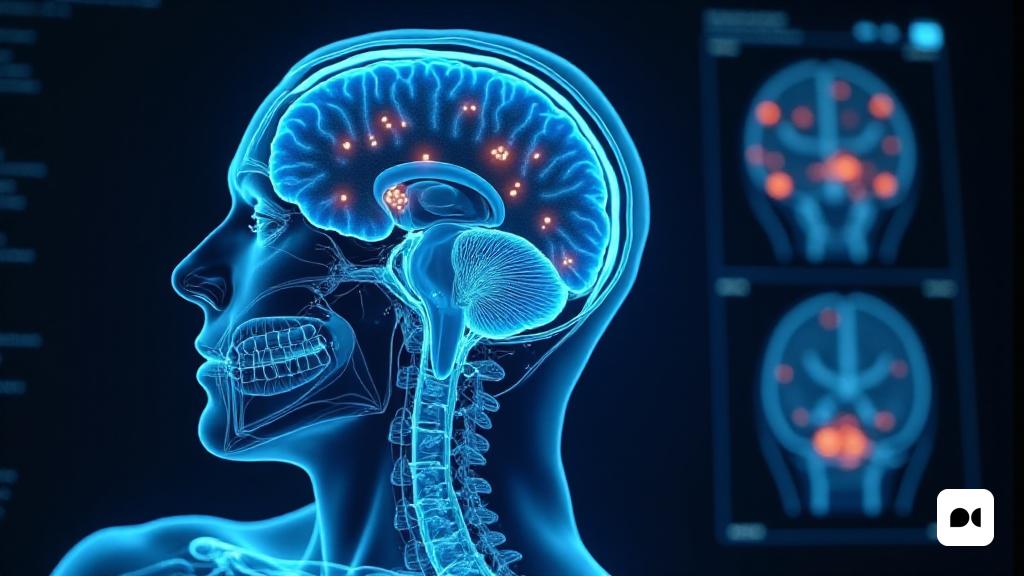A New Approach to Diagnosis
The University Hospital of Bellvitge (HUB) has positioned itself as a benchmark in the approach to multiple sclerosis in Catalonia, thanks to its constant adaptation to the latest innovations in treatment. In a collaboration with Novartis and icometrix, it has launched the ImaginEM project, which uses artificial intelligence to optimize the diagnosis and monitoring of this disease.
The Innovative icobrain Tool
Icobrain, a revolutionary AI-based technology, enables the analysis of MRI images with exceptional accuracy, identifying brain lesions and brain structures automatically. This tool, which until now had not been implemented in Spain, offers doctors a new way to assess the impact of multiple sclerosis on patients.
Key Benefits for Health Professionals
According to Pablo Naval-Baudin, neuroradiologist in Bellvitge, artificial intelligence improves the accuracy of neuroimaging diagnosis, providing quantitative biomarkers that facilitate clearer communication between health professionals. This technology has already been tested in hospitals in Belgium and the United States, with very positive results.
A Promising Future for Patients
The ImaginEM project, with an initial duration of one year, is expected to benefit a large number of patients, as Bellvitge treats around 10% of multiple sclerosis cases in Catalonia. Antoni Martínez Yélamos, head of the Neurology Service, emphasizes that this initiative will allow a more precise quantification of the changes in the resonances, thus improving the evaluation of the response to treatments.
Collaboration and Innovation
Matías Pérez, Director of Access and Solutions at Novartis, considers that this partnership with Bellvitge represents a significant advance towards the implementation of innovative solutions in the care of patients with multiple sclerosis. For its part, icometrix expresses its satisfaction with the collaboration, stressing that icobrain will facilitate a more effective and objective clinical management of patients.
A Step Towards Healthcare Transformation
As technology advances, initiatives like ImaginEM not only transform the way multiple sclerosis is treated, but also set a precedent for future innovations in the healthcare field. The integration of artificial intelligence in healthcare systems could open new avenues for more personalized and efficient care.

